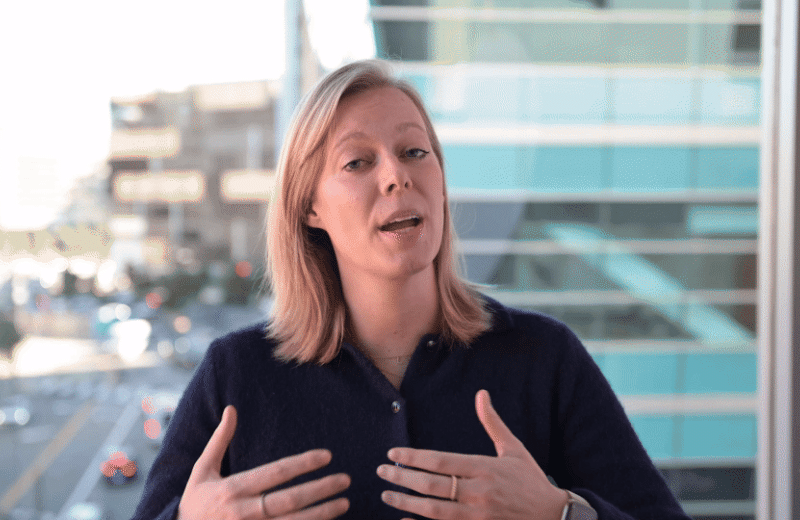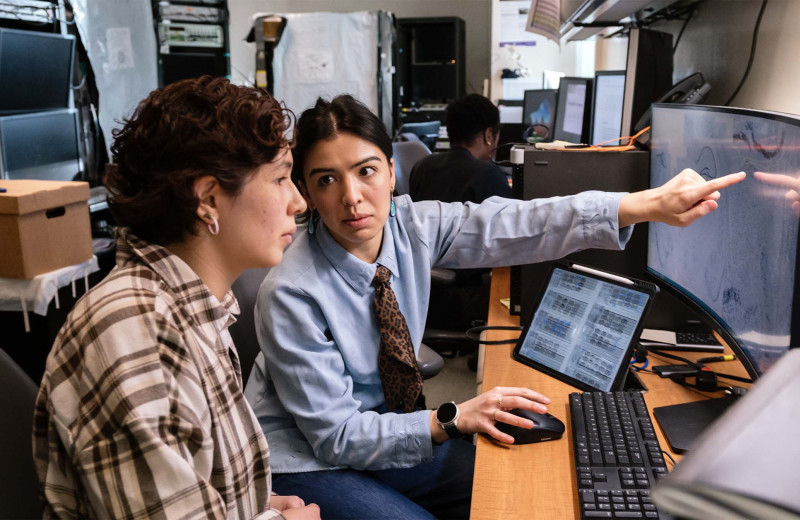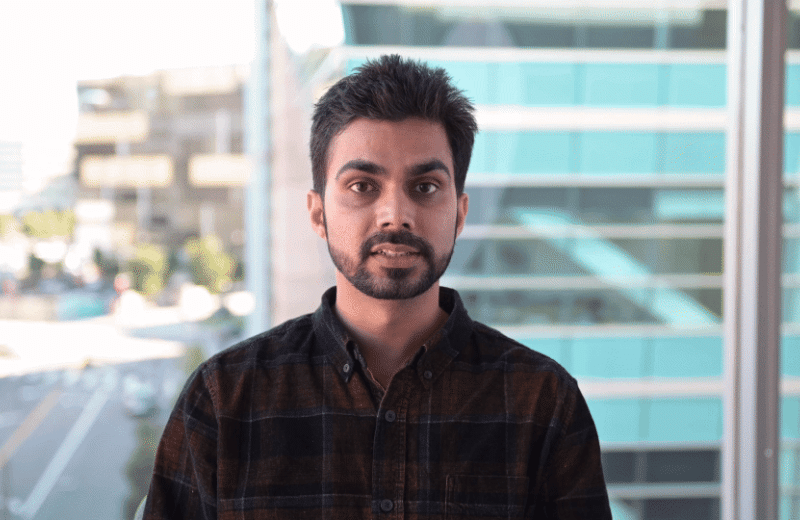Gladstone NOW: The Campaign Join Us on the Journey✕
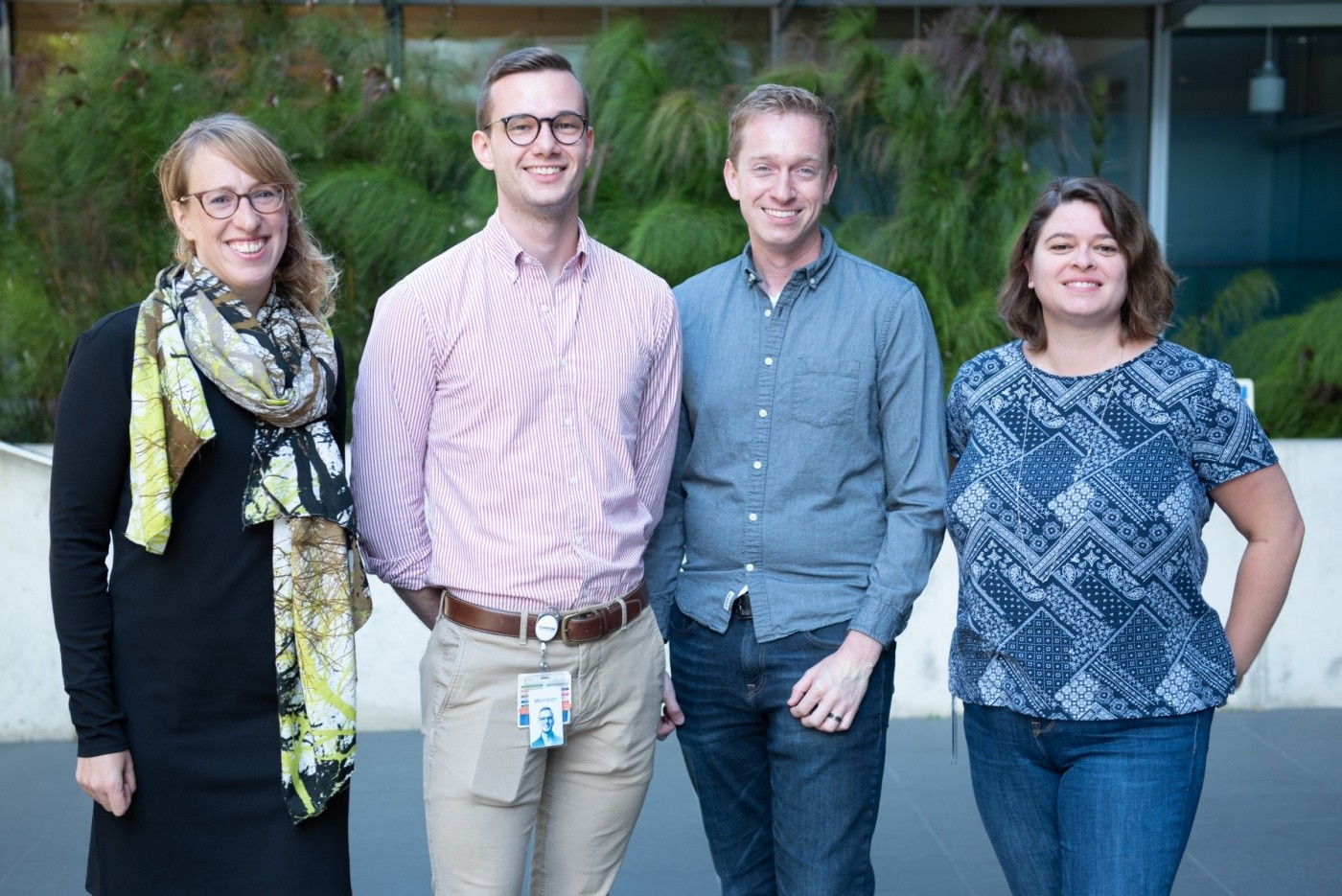
These scientists share why National Coming Out Day is important to them.
Approximately 40 percent of LGBTQ people working in STEM (science, technology, engineering, and math) are not out to their colleagues. This can be for a variety of reasons. Fear of judgment. Fear of harassment. Fear that their identity could negatively affect their careers.
On National Coming Out Day, four scientists at Gladstone explain what the day means to them and why it’s important to create an open and inclusive environment. National Coming Out Day was founded on October 11, 1988, to mark the anniversary of the National March on Washington for Lesbian and Gay Rights.
Alexander Merriman, Grad Student, Srivastava Lab
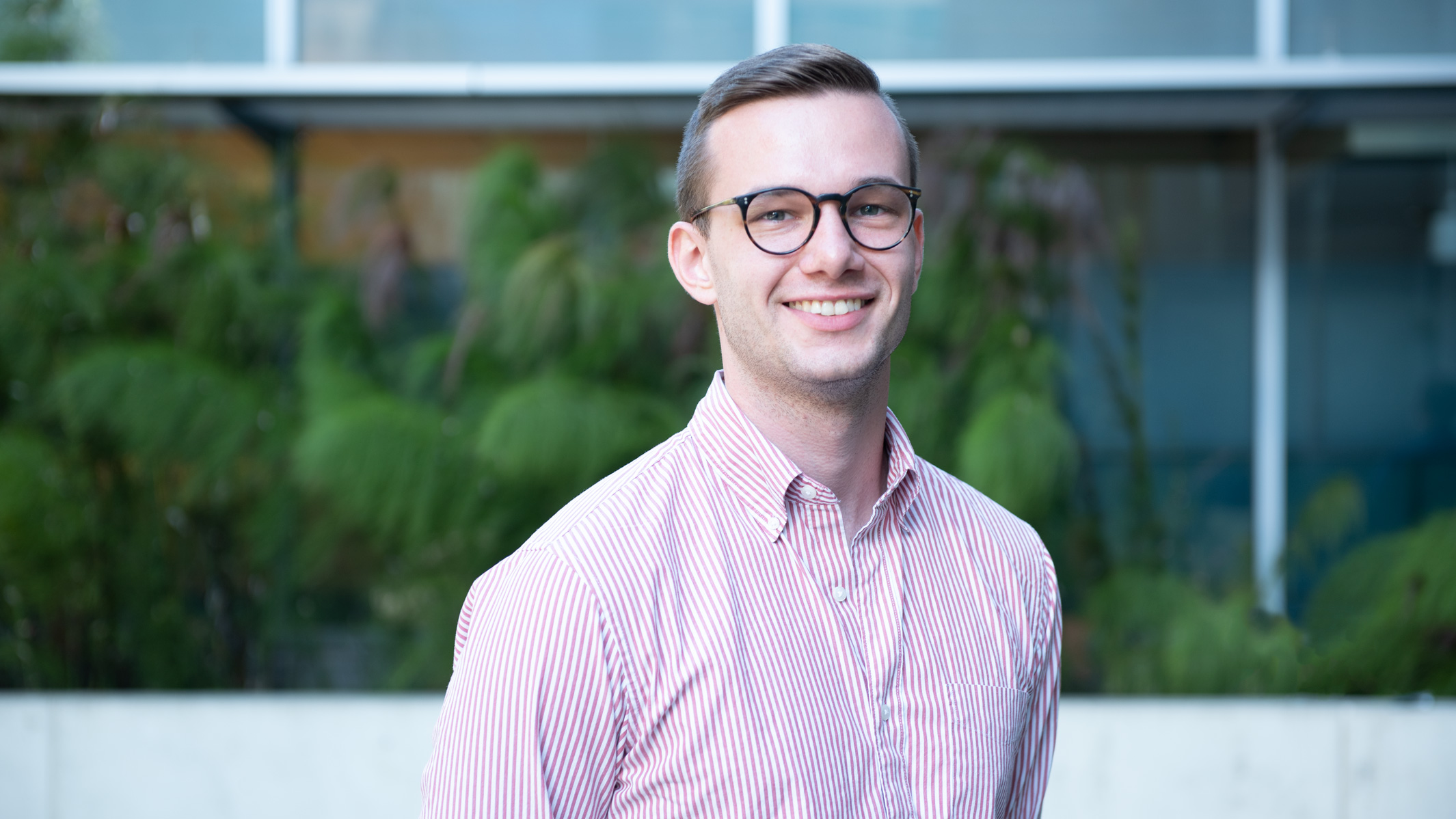
What does National Coming Out Day mean to you?
Coming out is not a one-time event, but rather a journey that we in the LGBTQ+ community continue to experience and navigate on a daily basis. For me, National Coming Out Day is a chance to take a step back and reflect on the progress I have made in embracing my identity and my decision to live as openly and authentically as possible. National Coming Out Day creates a space for us to share our stories, and provides visibility to the challenges faced by our community. I have benefited tremendously from decades of activism by countless LGBTQ+ folks and allies. I hope that I can use my voice to help build an equitable, inclusive future.
Joke van Bemmel, PhD, Scientific Program Manager, BioFulcrum and Tenaya SRA
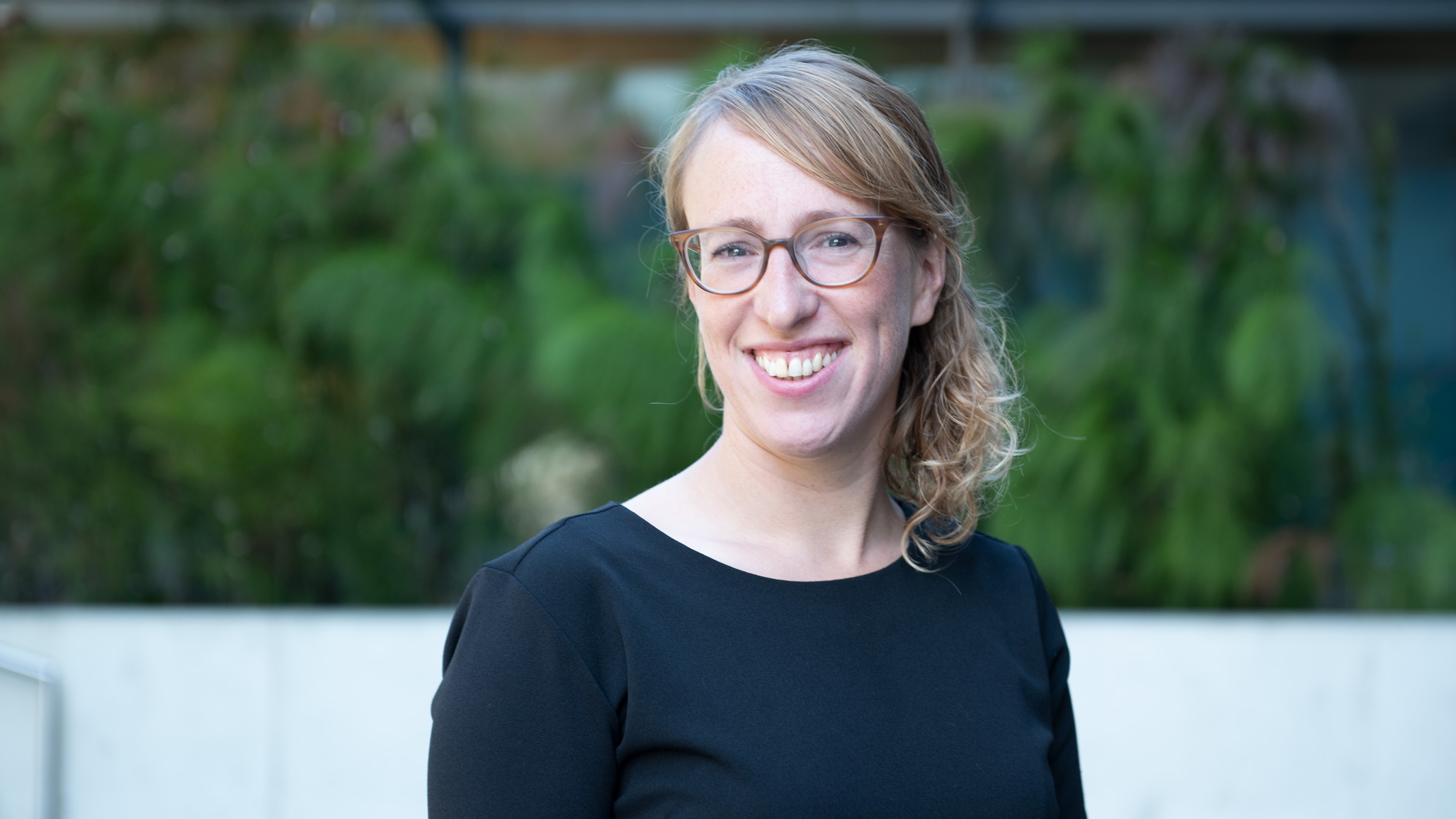
Why is having a visible LGBTQ+ community in your field and at work important to you?
I have been shocked to find out how much of what I thought I wanted from life has been shaped by what I saw around me, and what had been portrayed as “the norm.” It took me a very long time to realize I was bisexual. To value my identity as something that could make me happy in life, I needed to see examples of LGTBQ relationships on television, in movies, on Instagram, on the street, and especially at work in a professional environment. Seeing examples of LGBTQ relationships as part of “normal” life has been instrumental in my realization that it’s okay to express this part of me, and to be able to see a future in it.
How can people make a more inclusive environment?
Try not to make assumptions. For example, when someone talks about their partner, don’t assume their gender. Use gender-neutral pronouns, they/them, until specified otherwise. Sexual orientation and relationships can have so many different forms and shapes. Don’t just assume someone is in a traditional or straight relationship. When I moved to the Bay Area, I was positively surprised about how many people use gender-neutral pronouns. It can be very meaningful to not have to correct people and to not feel like you’re an exception to the rule. In the Bay Area, and at Gladstone specifically, I have felt that diversity is “the rule.” That has been an amazing experience.
Ariel Kauss, Grad Student, McDevitt Lab
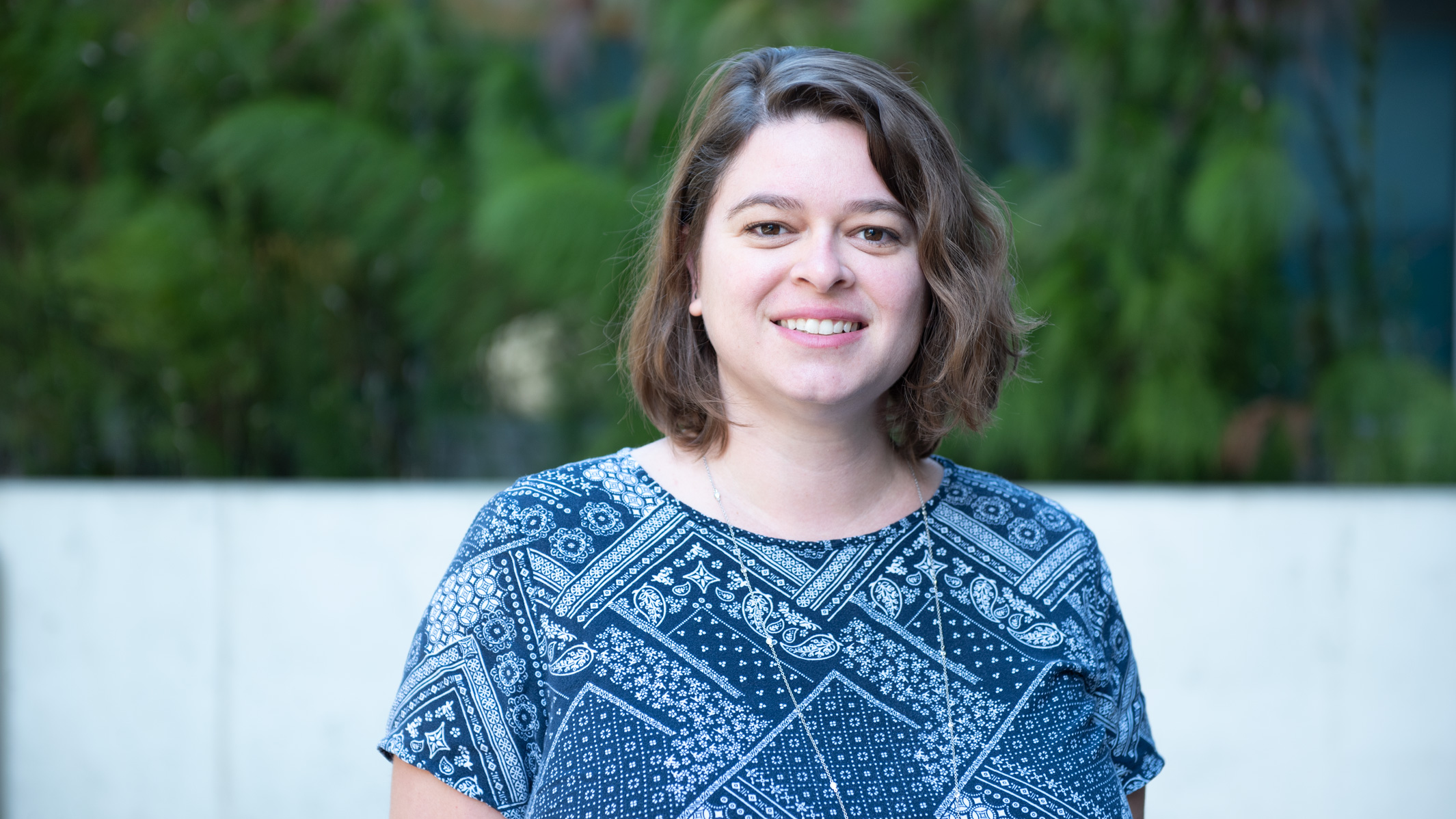
Why is National Coming Out Day important to you?
Coming out can take a lot of time and mental energy, even in 2019, and even in San Francisco. Having other visibly out scientists lets people know that it will be safe to do so, and lets them put that energy into other aspects of their life and career. When I was still rotating through labs, the moment I realized I wouldn't be the only gay scientist was a huge relief. It let me focus on finding a lab with science and a community that I liked, instead of spending time testing the waters to see if it was safe to be honest about myself.
David Joy, Grad Student, McDevitt Lab
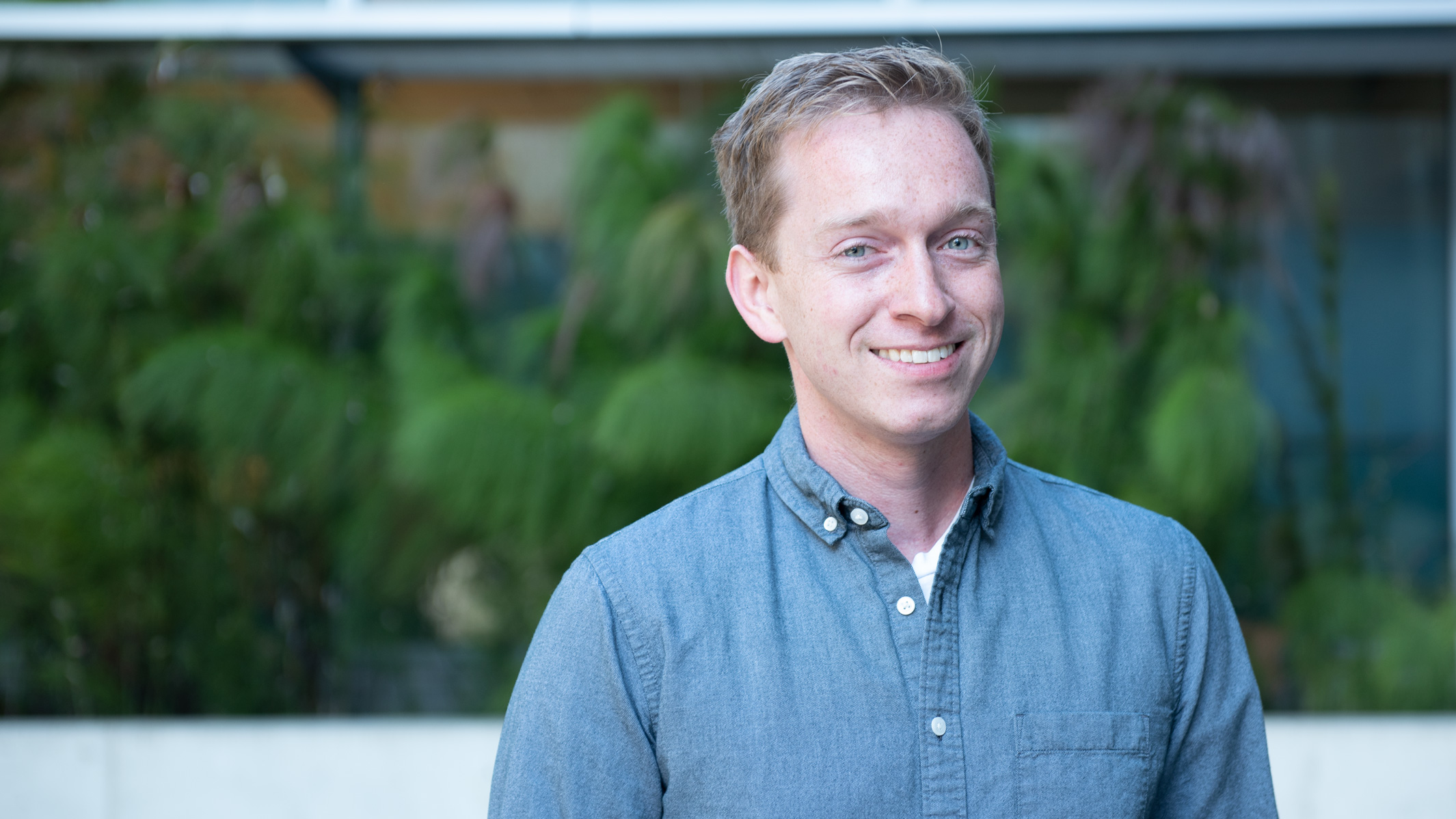
Why is having a visible LGBTQ+ community in the sciences important?
Doing science is hard. So, it’s important to feel that you can bring all your creativity and passion to bear on problems. Knowing you have a supportive and inclusive community at work means that you don’t feel like you have to hold parts of yourself back.
What do you wish someone had told you when you were first questioning or just beginning to come out?
Who you are doesn’t limit the kinds of things you can accomplish in life. You can just be yourself, and with talent and determination you’ll find a way to get where you need to be.
Want to Join the Team?
Our people are our most important asset. We offer a wide array of career opportunities both in our administrative offices and in our labs.
Explore CareersMeet Gladstone: Alisa Dietl
Meet Gladstone: Alisa Dietl
Alisa Dietl brings her international training and clinical perspective to Gladstone, where she works to engineer more effective cancer immunotherapies for solid tumors.
Graduate Students and Postdocs Profile Cancer Pelka LabVoices of Outstanding Mentorship
Voices of Outstanding Mentorship
Three recipients of Gladstone’s Outstanding Mentoring Award share their personal approaches to mentorship and reflect how this passion has shaped their own growth as leaders.
Profile Roan Lab Graduate Students and PostdocsMeet Gladstone: Shyam Jinagal
Meet Gladstone: Shyam Jinagal
Shyam Jinagal explores how genetics, aging, and regeneration shape the heart—and how those insights could one day restore heart function after injury.
Graduate Students and Postdocs Profile Cardiovascular Disease Srivastava Lab

